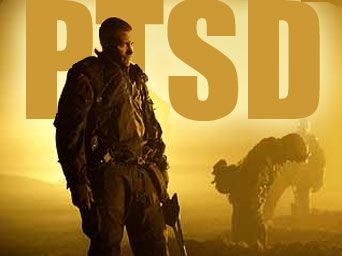CEU Course Description
The course is based on the latest practice guidelines from the Veterans Administration and Department of Defense for the assessment, diagnosis and management of symptoms of ASD, Acute Stress Disorder in the immediate period after exposure to trauma.
Course Objectives
1. Discuss populations at risk for developing acute stress and PTSD and primary prevention strategies to assist them.
2. Outline strategies to assess and triage those with trauma-related symptoms, significant impaired function, and a ASD or PTSD diagnosis.
3. Describe methods to manage PTSD and co-occurring disorders, PTSD with co-morbidity, and concurrent PTSD and substance use disorder.
4. Summarize treatment components for ASD and PTSD including education and normalization, brief interventions, symptom management, and social and spiritual support.
5. Review recommendations for re-assessing patient status following therapeutic intervention to evaluate and identify the need for additional services.



